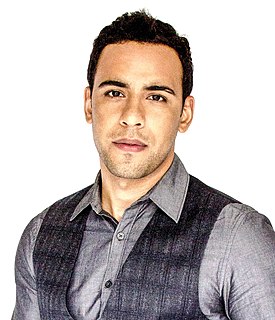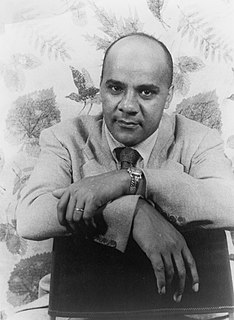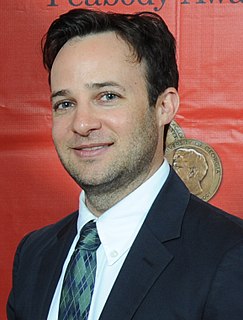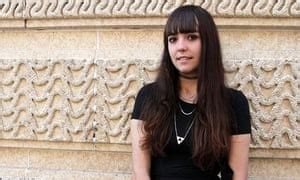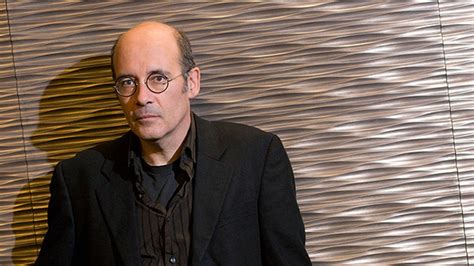A Quote by Andre Holland
In '42,' it's like the '40s where racial equality had come into the consciousness of a lot of people, whereas in the 1900s it was sort of a new thing.
Related Quotes
We had had mass immigration from the late 1800s all the way through the early 1900s to the 1920s, and we had to pause the immigration in order to for the new arrivals to assimilate, to become Americans, to learn English, for one thing. The one thing - or not the one; there are many different things.
I served for 42 years on the board of trustees of the largest Presbyterian seminary, Princeton Theological Seminary, and we had brilliant people - teachers and students both-but they did not come up with many new concepts. They weren't invited to come up with new concepts. Anybody who had come up with a new concept would have been under suspicion for being out of step with the tradition or out of step with the teachings of the church.
My dad's from that generation like a lot of immigrants where he feels like if you come to this country, you pay this thing like the American dream tax: like you're going to endure some racism, and if it doesn't cost you your life, well hey, you lucked out. Pay it; there you go, Uncle Sam. I was born here, so I actually had the audacity of equality.
I think there's a lot of shame in American race relations. There's a lot of suppressed guilt that lashes itself out still. I see that all the time, and whereas opposed to sort of trying to address the issue in an up-front way, they're attacking and thus perpetuating the problem thinking that they're being sophisticated and post-racial, when, in fact, they're being completely regressive.
Anything that I'm doing I think I always come at it from an outsider perspective. The first like real front page story that I had for the Times was about how after decades of battles over public restrooms in New York City, effectively chain stores had become the public restroom of choice for New Yorkers, it's sort of a silly little thing, but coming as an outsider, I was like 'Oh this is actually really interesting.'
I come out of the environment of the Deep South, where I had seen the millstone of racial discrimination weighting down my people, both the black people and the white people; and I had seen the enormous progress that we were able to make after we removed the legal restraints of a two-class society, with the whites superior and blacks inferior. So I was very convinced before I became President that basic human rights, equality of opportunity, the end of abuse by governments of their people, was a basic principle on which the United States should be an acknowledged champion.
My ideal city is more like the city (New York and Paris come to mind, but it sort of applies to all) that existed up to and including the 1930s, when different classes lived all together in the same neighborhoods, and most businesses of any sort were mom-and-pop, and people and things had a local identity.
It's very exciting to take magic into a new direction, whereas a lot of times magic comes from a place of sort of ego, like, 'Look what I can do that you can't do.' It kind of comes across that way a lot, and you're always trying to challenge the magician; you're always trying to figure out how the magician is doing it.




